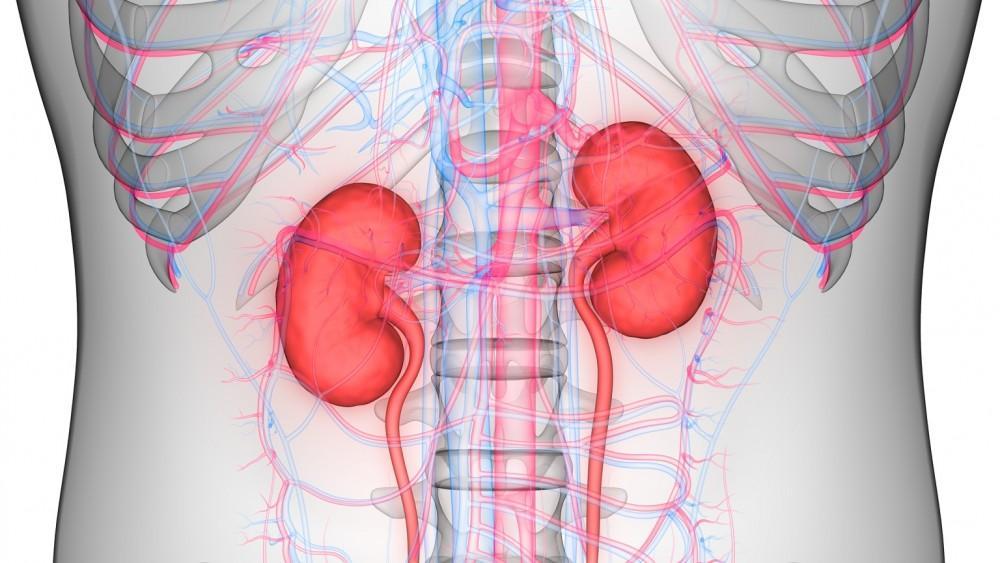Common Kidney Disorders and How Nephrologists Treat Them

I’ve seen it happen more often than you might think. You wake up one morning, feeling off, and the next thing you know, you’re grappling with a kidney disorder. It’s a challenging battle, no doubt about it. But here’s the good news — your nephrologist has an arsenal of tools to help you fight. And one of these might be something you’ve never heard of before: Cypress home dialysis. In this blog, we’re going to dive into the most common kidney disorders and explore the innovative ways nephrologists are treating them, including the wonders of Cypress home dialysis. Hang in there, it might just change your life.
Common Kidney Disorders
The two most prevalent kidney disorders are chronic kidney disease and kidney stones. Chronic kidney disease, or CKD, is a slow and steady decline in kidney function. It’s a silent killer, often showing no symptoms until it’s advanced. Kidney stones, on the other hand, make their presence known quickly — with a sharp pain in your side that’s hard to ignore.
The Nephrologist’s Arsenal
Nephrologists are kidney specialists. They have a multitude of ways to diagnose and treat these disorders. Blood tests, urine tests, imaging — all these help …



